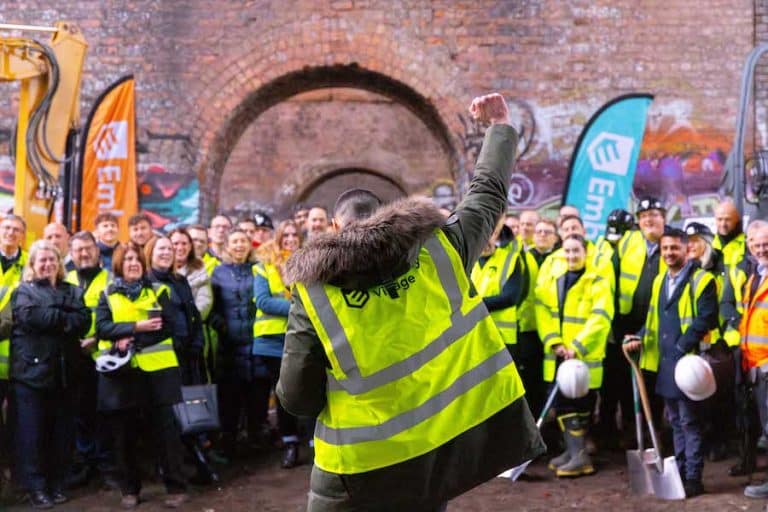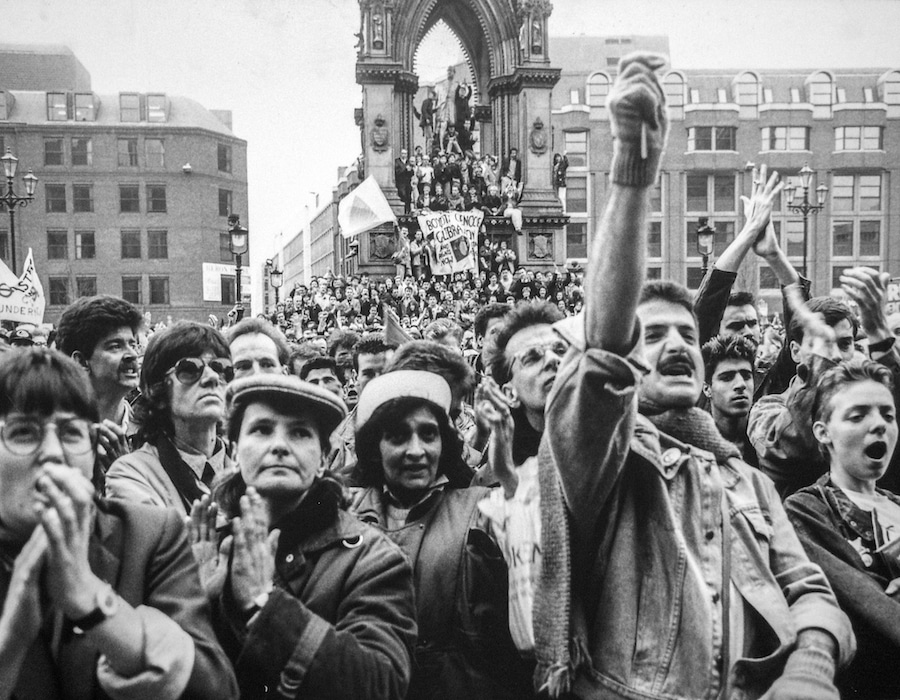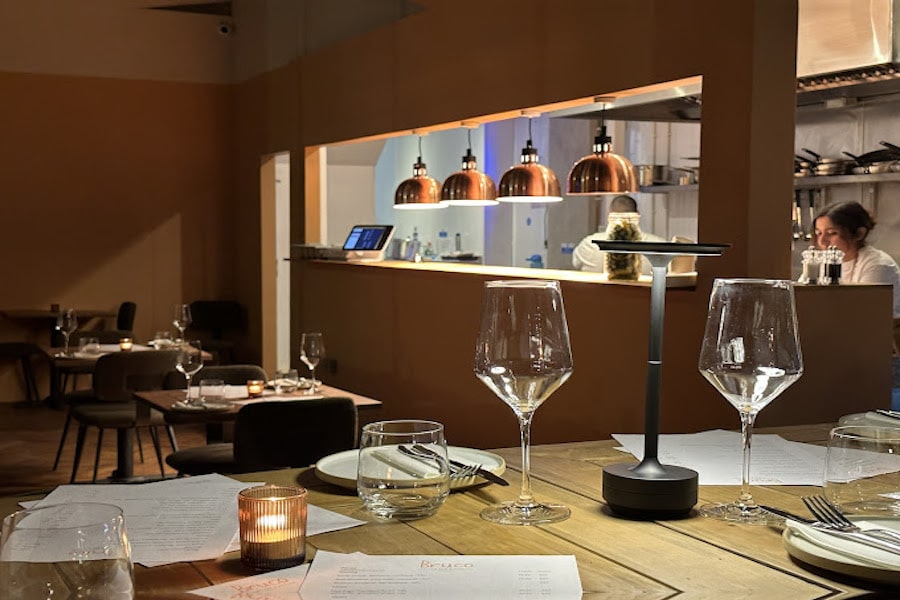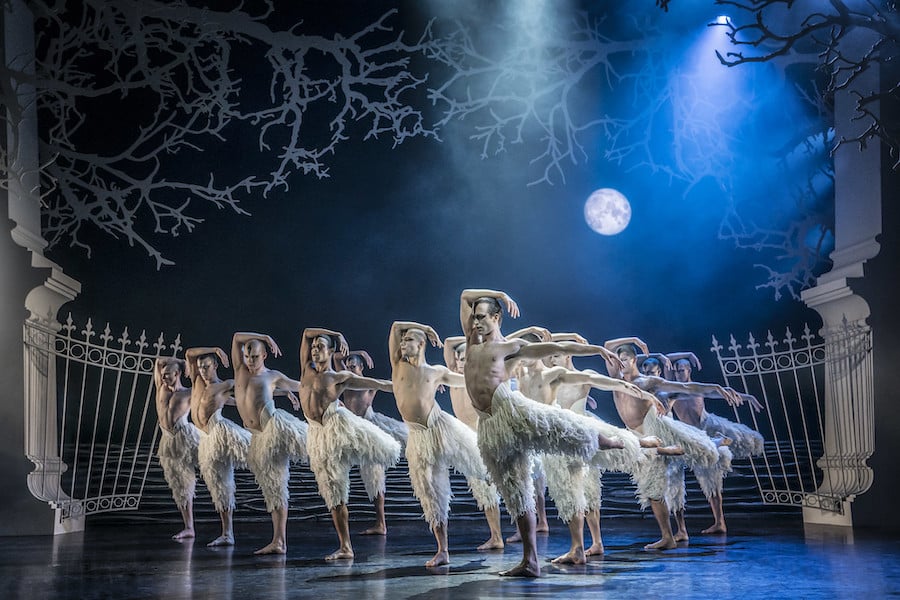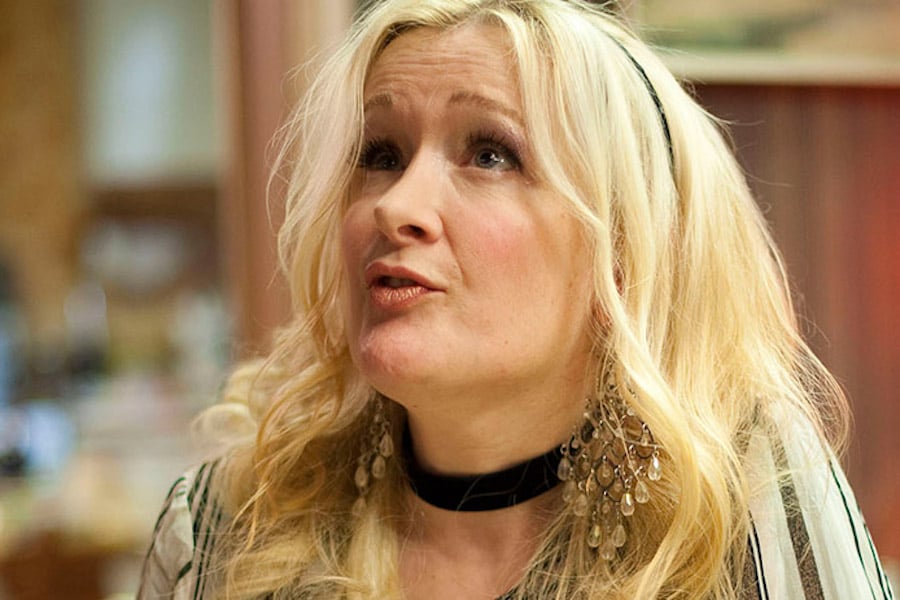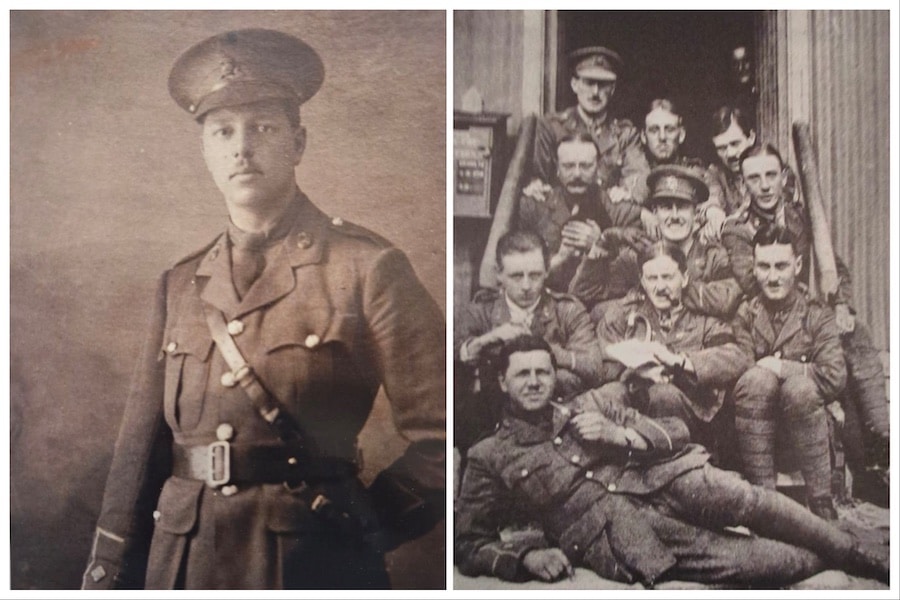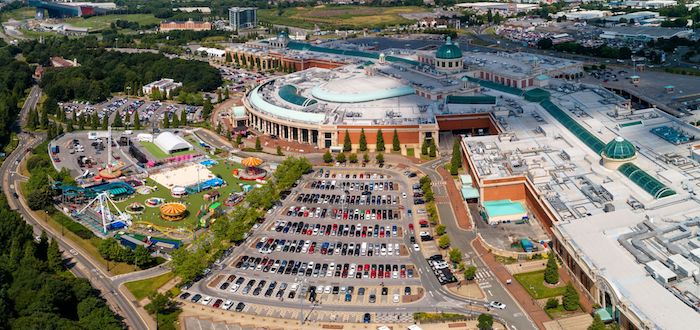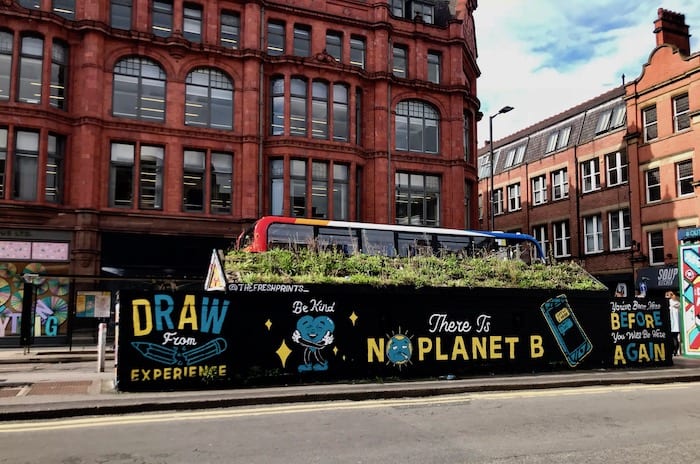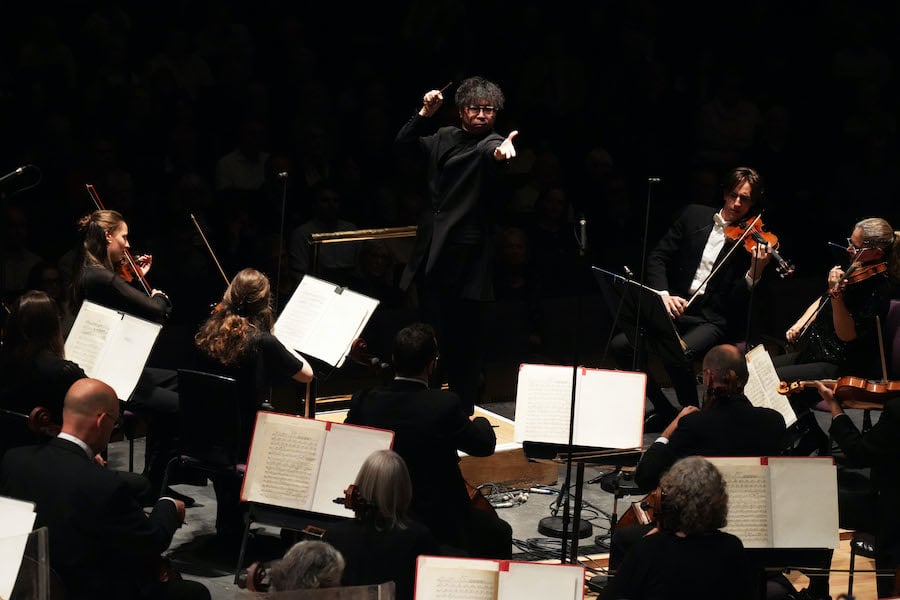Look inside Manchester Museum’s magnificent £15 million transformation
- Written by Thom Bamford
- Last updated 2 years ago
- City of Manchester, Museums
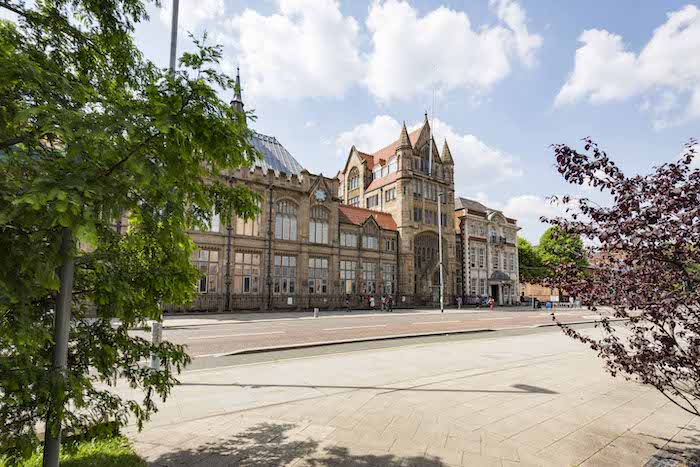
The museum is currently working towards an exciting new £15 million project to transform the museum so that is more inclusive, imaginative and caring to the diverse communities it serves.
The museum is currently closed to the public while construction work is completed, and it is on schedule to reopen in February 2023.
The museum reopens its doors with the aim to build greater understanding between cultures, a more sustainable world and to bring to life the lived experience of diverse communities through the Museum’s historic collections and new displays.
The Manchester Museum was cited as one of the main reasons to visit the city by National Geographic.
Esme Ward, Museum Director of Manchester Museum, says: “February 2023 will mark a huge moment in Manchester Museum’s rich history as we open our doors following a major transformation.
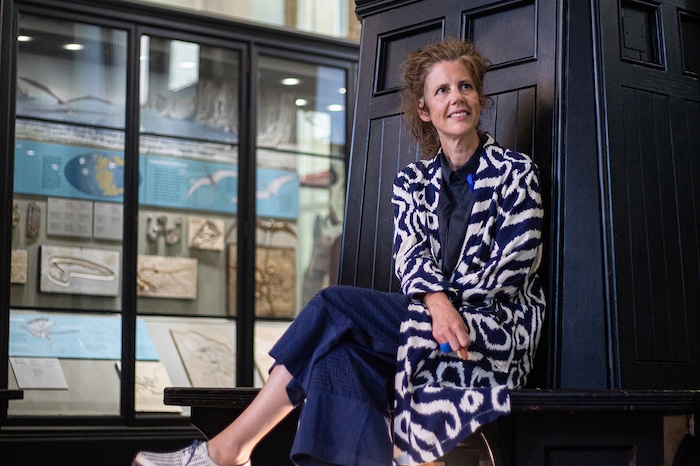
“We have extended the building, making room for more joy and learning and evolving into the museum Manchester needs.
“Beautiful new galleries and exhibitions will showcase the best of the museum’s historic collections, as well as addressing the urgencies of the present day and highlighting the complexities of our world.
“We have also listened to advocates with lived experience, and inclusive new spaces and features are incorporated throughout. We can’t wait to
welcome our visitors back.”
Galleries and facilities are being uniquely co-created so that the museum becomes more inclusive, imaginative and caring for the diverse communities it serves. Facilities will include a Changing Places toilet, a new café, a new dinosaur display, picnic area, prayer space and quiet room.
South Asia Gallery
The public will be invited to new galleries including the South Asia Gallery.
The New South Asia Gallery is the first permanent gallery in the UK to celebrate the lived experiences and contributions of the South Asian diaspora.
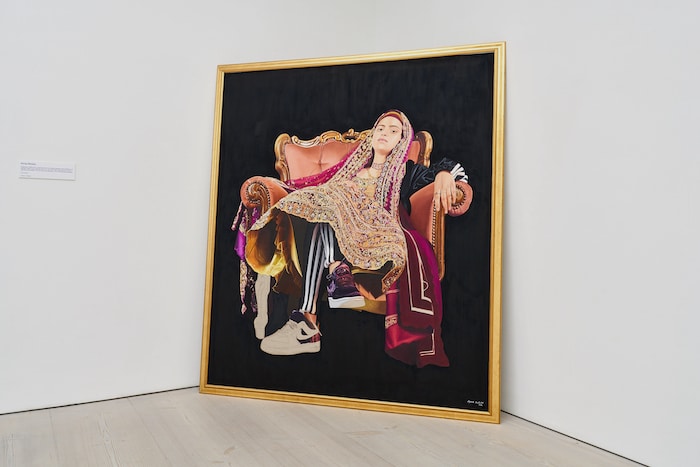
Co-curated with the South Asia Gallery Collective, a group that includes community leaders, educators and artists, the gallery will explore the connection between South Asia and Britain and the legacy of Empire alongside contemporary South Asian culture and creativity, perspectives that have not been presented before.
Divided into 6 anthologies, the Collective has grappled with a range of subjects through 140 artefacts, including one of the collective’s great-grandfather’s World War I uniform, a rickshaw imported from Bangladesh and decorated by communities in Manchester, a newly commissioned mural from British artists, The Singh Twins – an emotional map of South Asian diaspora experience – and a Cartier brooch containing a repurposed carved emerald from the Mughal Empire.
At the heart of the gallery is also a dedicated space for performance, film and participatory activities.
Exhibition Hall
There have been changes to the Exhibition Hall.
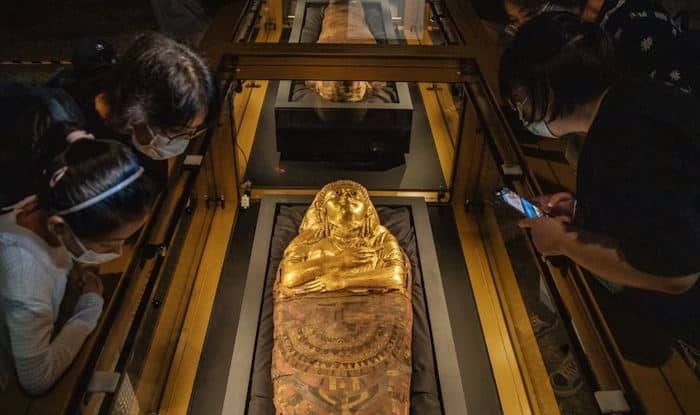
The Exhibition Hall is home to ambitious shows that explore past, present and future and engage with global and local narratives.
The opening exhibition, Golden Mummies of Egypt, will offer visitors unparalleled access to the Museum’s world-class Egypt and Sudan collection and aims to challenge Victorian narratives of ‘ancient Egypt’ through new research from the University of Manchester.
Featuring more than 100 objects and 8 mummies, the UK debut follows a hugely popular tour across USA and China and will present a rich perspective on beliefs about the afterlife during Egypt’s Graeco-Roman Period (332 BC -395 AD), with highlights including elaborately decorated mummies known as ‘Fayum Portraits’.
Lee Kai Hung Chinese Culture Gallery
The Lee Kai Hung Chinese Culture Gallery highlights personal stories of migration, friendships and collaboration to inspire empathy and build understanding.
Developed in partnership with the University’s Manchester China Institute, it draws on historical and contemporary links between Manchester and China. Showcasing rarely and never-displayed collections from cultural partners across the city, visitors will delve through personal stories and objects such as a late Qing dynasty (1636–1912) ‘Manchu’ headdress decorated with blue kingfisher feathers, a 20-metre scroll showing Emperor Kangxi’s birthday procession through the streets of Beijing in the 18th century and a taxidermy milu deer, once on the brink of extinction but now thriving in China after decades of transnational conservation efforts.
A night sky constellation – our shared sky – also encourages people to gather and connect through cultural exchange and performances.
Dinosaur Display
One of the other new exhibitions will be the Dinosaur Display.
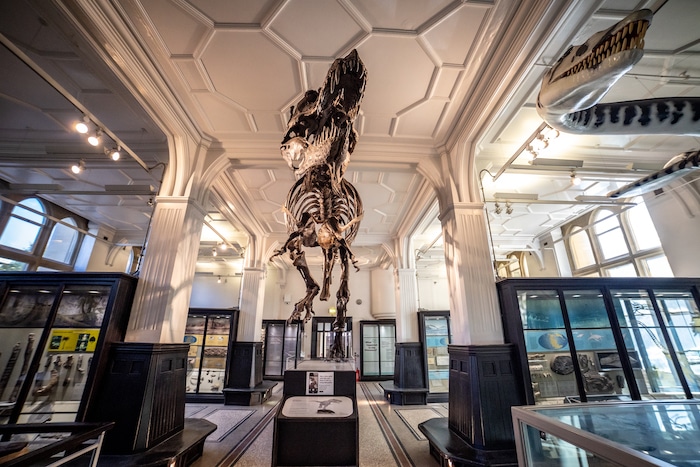
Palaeontology enthusiasts will learn what it means to think like a palaeontologist at the brand-new Dinosaur display next to the historic Fossils Gallery. Visitors can meet with prehistoric giants Stan the Tyrannosaurus rex, one of the museum’s most visited exhibits, and its new addition, April the Tenontosaurus.
The museum worked with a team of Earth Science students from the University of Manchester, who’s new research and several years of cataloguing have allowed April’s skeleton, dating back to the Cretaceous period and found in Montana, USA, to stand on all fours again. Our changing world is a focal point throughout, with featured objects such as fragmented rock showing the moment the asteroid hit Earth, relating to our understanding of evolution, climate change and outer space.
Belonging Gallery
The final addition to the re-development is the Belonging Gallery.
Alexandra P. Alberda is the first ever Curator of Indigenous Perspectives at Manchester Museum. She was appointed to take forward the innovative ‘Indigenising Manchester Museum’ programme, funded by the John Ellerman Foundation, which sets Indigenous perspectives at the heart of the museum.
The new Belonging Gallery – the first of the permanent galleries visitors will see – captures the welcoming spirit of the museum and has been led by Alberda.
It draws upon the museum’s collections and diverse cultural perspectives to reflect on what it means to belong.
Following an open call, the exhibition presents the work of multiple visual storytellers, who bring their own life experience to comic art to rewrite the past and inspire new futures, including Indigenous Futurism and African Futurism, which is explored alongside artefacts and natural history specimens.
The works tell stories including the climate migration of the first people to Britain during the last Ice Age, and the poignant story of a Syrian refugee’s life jacket, collected in 2017.
Manchester Museum, part of The University of Manchester, has released new footage from its ambitious capital development project, hello future.
The original neo-Gothic building, designed by renowned architect Alfred Waterhouse (1830–1905), is home to around 4.5 million objects from natural sciences and human cultures. Over eighteen thousand objects have had to be moved or protected from building work and the museum is also recycling and reusing as much material as possible.
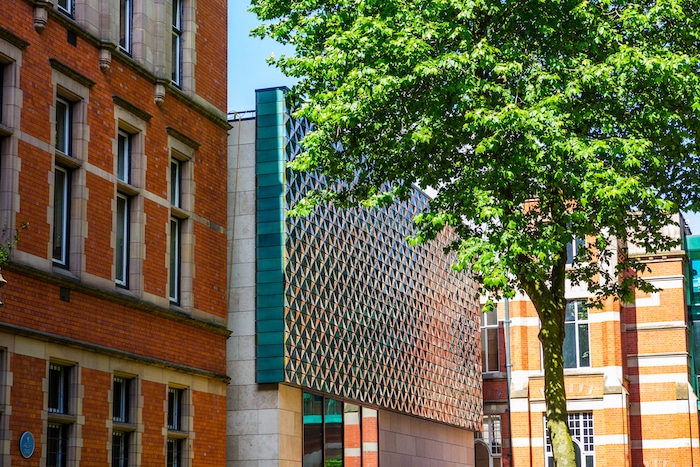
A modern two-storey extension has increased the building’s footprint and includes a new Exhibition Hall on the ground floor, and on the first floor is a South Asia Gallery, which is a British Museum Partnership.
An accessible entrance from Oxford Road is currently being built and visitors will arrive at a new welcome area that will feature breath-taking objects to inspire wonder and imagination.
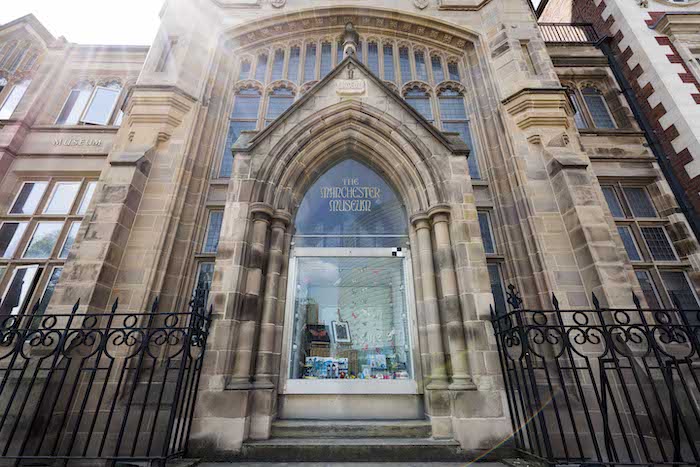
The extension is clad in green-glazed terracotta tiles which pay homage to Victorian and Edwardian period buildings across Manchester.
Follow @mcrmuseum on social media for plenty of behind-the-scenes content.
To find out more about this transformation, visit www.mmfromhome.com/hellofuture and www.museum.manchester.ac.uk
- This article was last updated 2 years ago.
- It was first published on 18 August 2022 and is subject to be updated from time to time. Please refresh or return to see the latest version.
Did we miss something? Let us know: [email protected]
Want to be the first to receive all the latest news stories, what’s on and events from the heart of Manchester? Sign up here.
Manchester is a successful city, but many people suffer. I Love Manchester helps raise awareness and funds to help improve the lives and prospects of people across Greater Manchester – and we can’t do it without your help. So please support us with what you can so we can continue to spread the love. Thank you in advance!
Got a story worth sharing?
What’s the story? We are all ears when it comes to positive news and inspiring stories. You can send story ideas to [email protected]
An email you’ll love. Subscribe to our newsletter to get the latest news stories delivered direct to your inbox.

How the Our Manchester Food Partnership is fighting food poverty for everyone
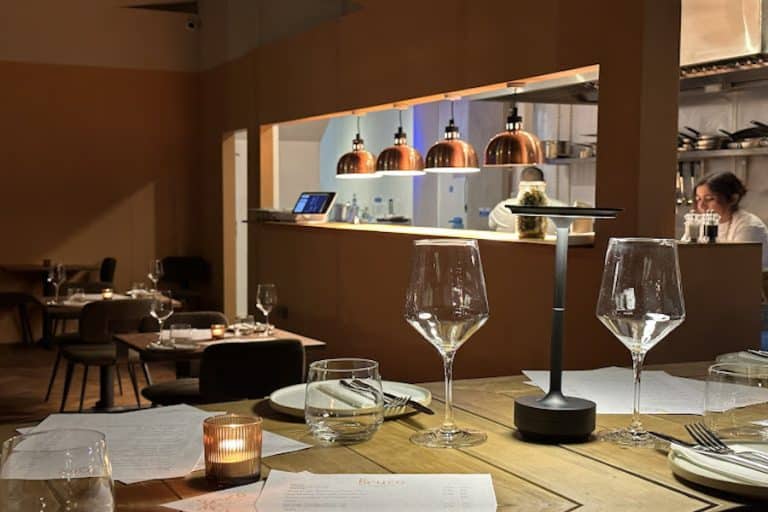
“Great food at excellent value” An authentic taste of Naples arrives in Ancoats
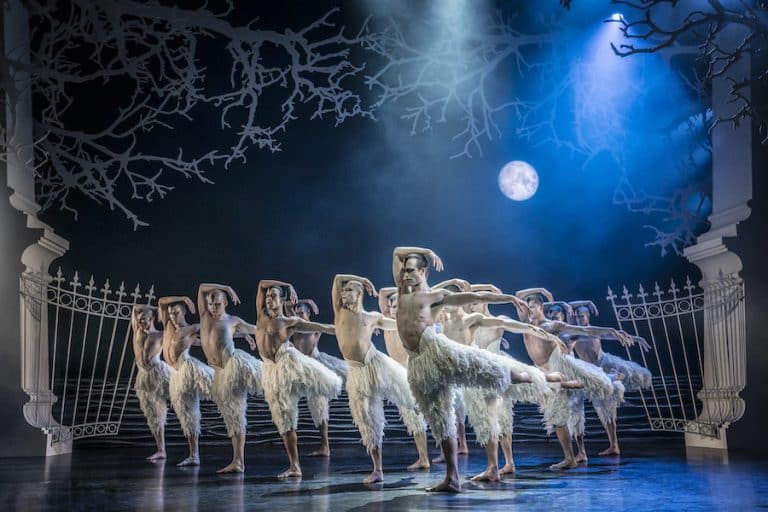
Review: Matthew Bourne’s Swan Lake at the Lowry is ‘a bold, contemporary twist on a timeless classic’
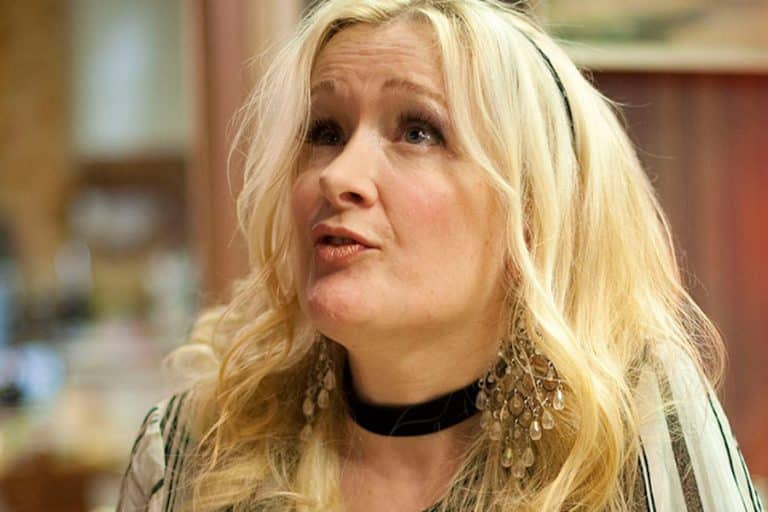
Comedian spearheads campaign for a statue of beloved comic Caroline Aherne
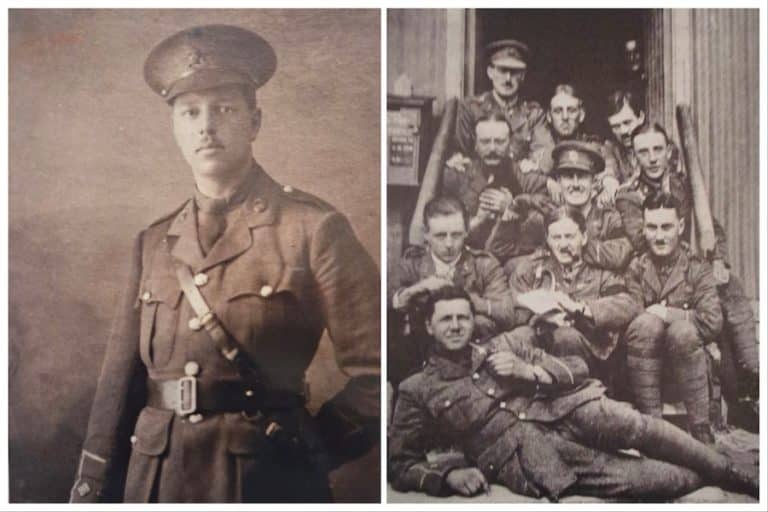
From Altrincham to the Somme: WW1 officer’s poignant sketches to go on display as part of Remembrance Exhibition
